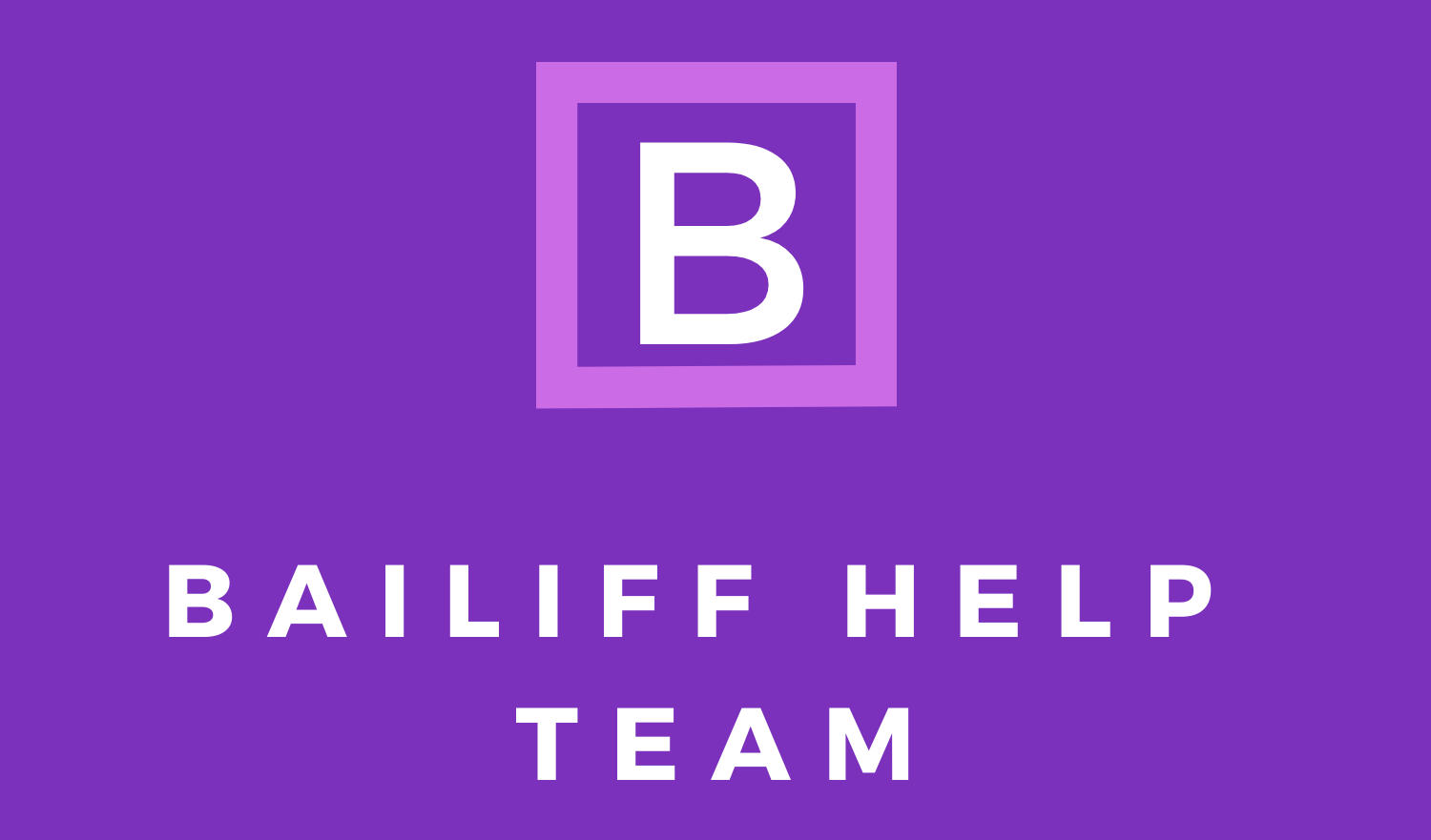IVA Fees and Charges
An Individual Voluntary Arrangement (IVA) is a formal agreement between an individual and their creditors to pay back a portion of their debts over a fixed period, usually five or six years. During this time, the individual makes regular payments to an insolvency practitioner, who then distributes the funds among the creditors.
Fees and charges will apply, please review information about it here.

The fees and charges associated with an IVA are typically outlined in the agreement and may include the following:
- Nominee’s Fee: This is the fee charged by the insolvency practitioner for the work involved in setting up the IVA. It covers assessing the individual’s financial situation, proposing the arrangement to creditors, and convening the creditors’ meeting.
- Supervisor’s Fee: Once the IVA is approved, the insolvency practitioner becomes the supervisor. The supervisor’s fee covers ongoing services such as distributing payments to creditors, dealing with creditor queries, and handling any changes to the IVA.
- Disbursements: These are additional costs incurred during the administration of the IVA, such as court fees, postage, and other miscellaneous expenses.
It’s important for individuals considering an IVA to carefully review the terms and conditions, including the fees and charges, before entering into the arrangement. Additionally, the fees should be agreed upon and disclosed transparently at the beginning of the process.
IVAs are regulated, and the fees charged must be reasonable and proportionate to the work involved. The fees are typically deducted from the monthly payments made by the individual entering into the IVA, meaning they are factored into the overall repayment plan.
Before entering into an IVA, individuals should seek advice from a licensed insolvency practitioner and carefully review all aspects of the proposed arrangement, including the fees and charges. It’s also advisable to explore alternative debt solutions and consider seeking independent financial advice.
